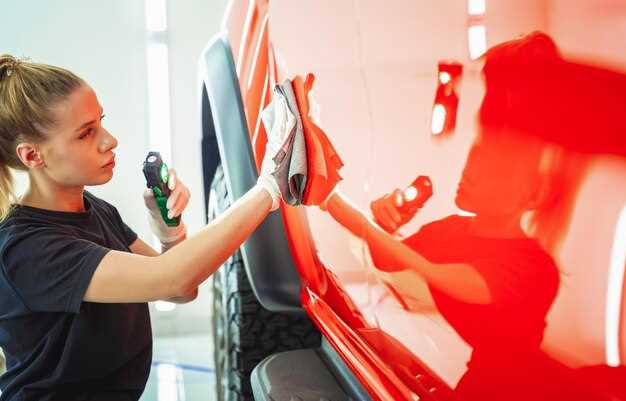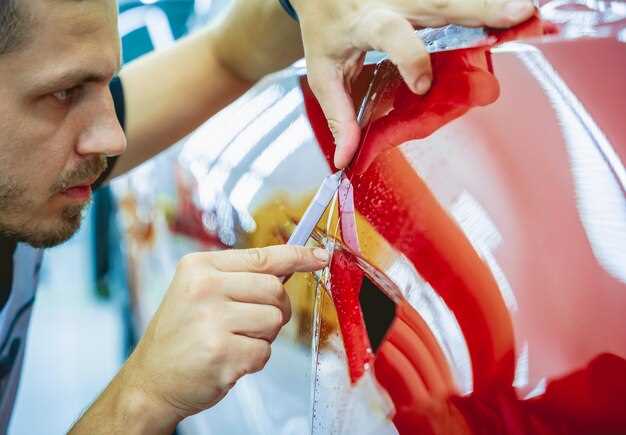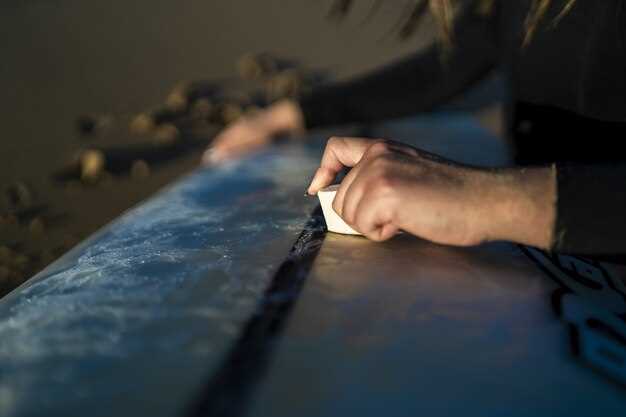
The automotive industry offers a variety of options for vehicle customization, with vinyl wraps and custom paint jobs being among the most popular. Both methods can dramatically transform the appearance of a vehicle, but they differ significantly in terms of application, durability, and cost. Understanding these differences is crucial for anyone looking to enhance their vehicle’s aesthetic appeal.
Vinyl wraps involve applying a thin layer of adhesive vinyl material to the car’s surface, providing an immediate and reversible change in color and finish. In contrast, custom paint jobs require a more complex and permanent application process that involves layering paints to achieve the desired look. While both options provide vibrant colors and finishes, the long-term implications can vary greatly.
One of the primary differences lies in the job’s longevity and care requirements. Custom paint jobs, although highly durable, can require extensive maintenance to keep the finish in optimal condition. On the other hand, vinyl wraps offer easier upkeep, as they can be removed and replaced without damaging the underlying surface. This aspect is particularly appealing for those who may want to change their vehicle’s look frequently.
This article will delve deeper into the strengths and weaknesses of vinyl wraps and custom paint jobs, guiding readers in making an informed decision about which option best suits their needs. Let’s explore the key differences further and help you understand which customization method might be the ideal fit for your vehicle.
Vinyl Wraps vs Custom Paint Jobs: Key Differences Explained
When it comes to modifying the appearance of a vehicle, two popular options are vinyl wraps and custom paint jobs. Each method has its own set of advantages and disadvantages, and understanding these differences can help you make an informed decision.
Cost
One of the most significant factors is the cost:
- Vinyl Wraps: Generally more affordable than custom paint jobs. The price can vary based on the quality of vinyl and the complexity of the installation.
- Custom Paint Jobs: Typically more expensive due to the labor-intensive process and materials involved. High-quality paints and finishes can substantially increase the total cost.
Durability

Both options offer different levels of durability:
- Vinyl Wraps: Can last between 3 to 10 years depending on maintenance and exposure to elements. They are versatile but may be prone to scratches and fading over time.
- Custom Paint Jobs: Can be highly durable, especially when a clear coat is applied. A quality paint job can withstand wear and tear but is susceptible to chipping and scratching.
Application Process
The application processes also vary significantly:
- Vinyl Wraps: Fast to apply, usually completed within a few days. The process involves cleaning the surface, measuring, and adhering rolls of vinyl to the vehicle.
- Custom Paint Jobs: More time-consuming, often requiring several days or weeks. It involves sanding, priming, painting, and drying, resulting in a more labor-intensive process.
Design Flexibility
Design customization is another crucial element:
- Vinyl Wraps: Offer diverse design possibilities, including textures and finishes (matte, gloss, metallic). They can be easily removed or changed if needed.
- Custom Paint Jobs: Allow for intricate designs and color blends, but once applied, alterations can be challenging and costly.
Resale Value

Consider how each option affects the vehicle’s resale value:
- Vinyl Wraps: Often easier to remove, meaning the original paint remains intact, which can maintain the vehicle’s value.
- Custom Paint Jobs: If properly done, they can enhance the vehicle’s appeal. However, non-standard colors might deter potential buyers.
In summary, choosing between vinyl wraps and custom paint jobs boils down to personal preference, budget, and desired outcome. Each option presents unique benefits, so consider your specific needs carefully before making a decision.
Durability and Longevity: Vinyl vs Paint
When considering the durability and longevity of vehicle finishes, both vinyl wraps and custom paint jobs have distinct characteristics that can influence the decision-making process.
Vinyl wraps are designed to protect the underlying paint from various environmental factors. They are typically more resistant to scratches and minor abrasions. This protective layer allows for easier maintenance, as cleaning a wrap often requires just soap and water. Depending on the quality of the vinyl and proper installation, a wrap can last anywhere from 3 to 7 years, sometimes even longer when maintained correctly.
On the other hand, custom paint jobs offer a more permanent solution. High-quality paint can provide a deep, glossy finish that can withstand the test of time, especially when paired with modern clear coat technology. However, paint is generally more vulnerable to UV rays, chips, and fading than vinyl. While a well-applied paint job can last over a decade, it requires more frequent upkeep to maintain its appearance and protect against wear.
In summary, while vinyl wraps offer an excellent short to medium-term solution with lower maintenance in terms of cleaning, custom paint jobs provide longer-lasting aesthetics under optimal conditions but demand more attention to preserve their quality.
Cost Comparison: Understanding Your Budget for Wraps and Paint
When considering a vehicle transformation, the choice between vinyl wraps and custom paint jobs is often influenced by budget. Understanding the cost implications of each option is crucial for making an informed decision.
Vinyl wraps generally have a lower initial cost compared to custom paint jobs. The average expenditure for a professional vinyl wrap can range from $2,500 to $5,000, depending on the car size and complexity of the design. This affordability makes vinyl an attractive option for those looking to change their vehicle’s appearance without breaking the bank.
On the other hand, a custom paint job usually involves higher costs, often starting from $5,000 and going up to $15,000 or more, especially for intricate designs or multiple colors. This pricing reflects the skill and labor-intensive process required for high-quality paint application, including surface preparation and curing time.
Additionally, while vinyl wraps can last between 5 to 7 years with proper maintenance, custom paint jobs, when done correctly, can provide a longer-lasting finish. However, paint may require touch-ups and additional maintenance over time, which can contribute to total ownership costs.
It’s also important to factor in the resale value of your vehicle. A high-quality custom paint job can sometimes enhance a car’s value, while vinyl wraps can be removed without affecting the underlying paint, potentially preserving resale value.
Ultimately, the right choice depends on your budget, desired longevity, and aesthetic preferences. Both vinyl wraps and custom paint jobs offer unique benefits, but understanding their cost dynamics will help you make the best decision for your project.
Application Process: What to Expect When Choosing Between Options
When considering a vinyl wrap vs a custom paint job, understanding the application process is crucial. Each option has distinctive steps and outcomes that influence both the finish and longevity.
For a vinyl wrap, the application begins with a thorough cleaning and preparation of the vehicle’s surface. This step ensures that no dirt or debris affects adhesion. After preparation, the vinyl film is measured and cut to size. Technicians then carefully apply the vinyl, using heat to conform it to the vehicle’s contours. The process includes smoothing out bubbles and creases, ensuring a flawless finish. Expect the entire procedure to be completed within a few hours to a day, depending on the complexity of the design.
In contrast, a custom paint job necessitates a more extensive and time-consuming process. Initially, the vehicle’s surface must be stripped of existing paint, requiring sanding and possibly bodywork to address imperfections. Once the surface is prepped, a primer is applied, followed by multiple layers of paint, which can include base and clear coats for a glossy finish. This process can take several days to complete, as each layer needs adequate drying time before applying the next.
Both processes require a skilled technician to achieve the desired result. However, vinyl wraps offer the advantage of being removable, while a paint job becomes a permanent alteration to the vehicle. Consider your long-term vision and commitment before making a choice between these two options.



